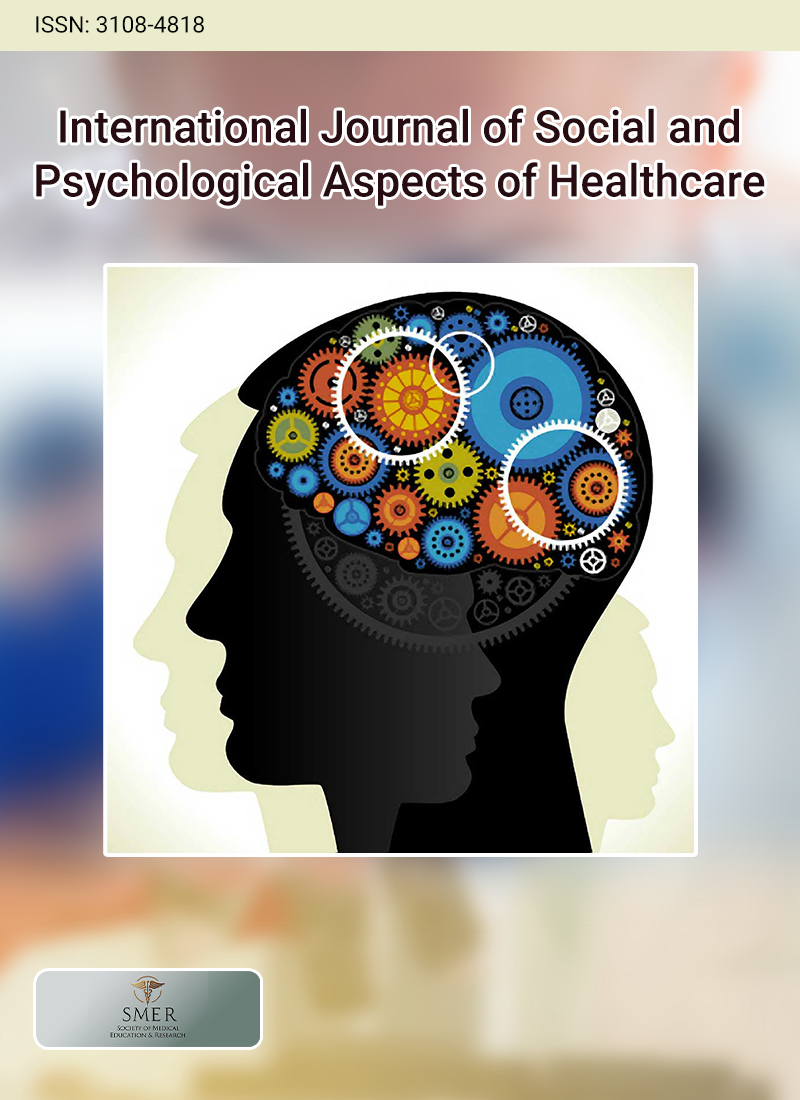
The prevalence of eating disorders is steadily increasing worldwide, especially among young adults and teenagers. The societal emphasis on thinness and the desire to emulate celebrities often lead adolescent girls to adopt extreme diets, engage in excessive exercise, and use weight-loss medications. Conversely, persistent stress, bullying, and family conflicts can lead to uncontrolled eating as a coping mechanism, further exacerbating psychological distress. According to the 10th revision of the International Classification of Diseases (ICD-10), eating disorders include conditions such as bulimia nervosa, anorexia nervosa, compulsive overeating, and psychologically induced vomiting. These disorders affect at least 9% of the world's population and can have fatal consequences. Unfortunately, early intervention is rare, as individuals often seek professional help only in advanced stages. Effective treatment requires a comprehensive approach involving multiple specialists, including psychiatrists. This article reviews the characteristics and symptoms of major eating disorders, details the principles of psychotherapy for these conditions, and discusses various psychotherapeutic interventions used in treatment.